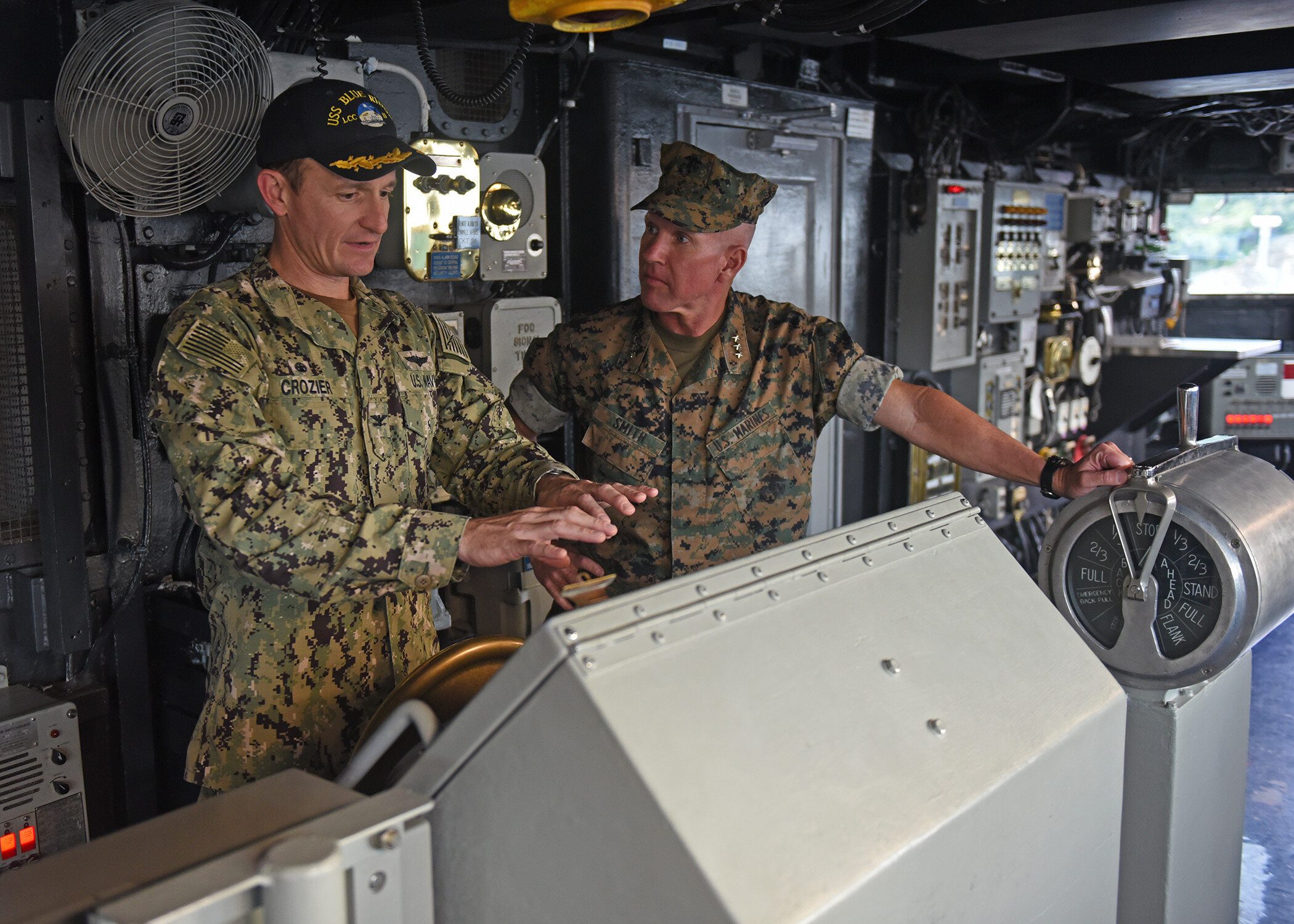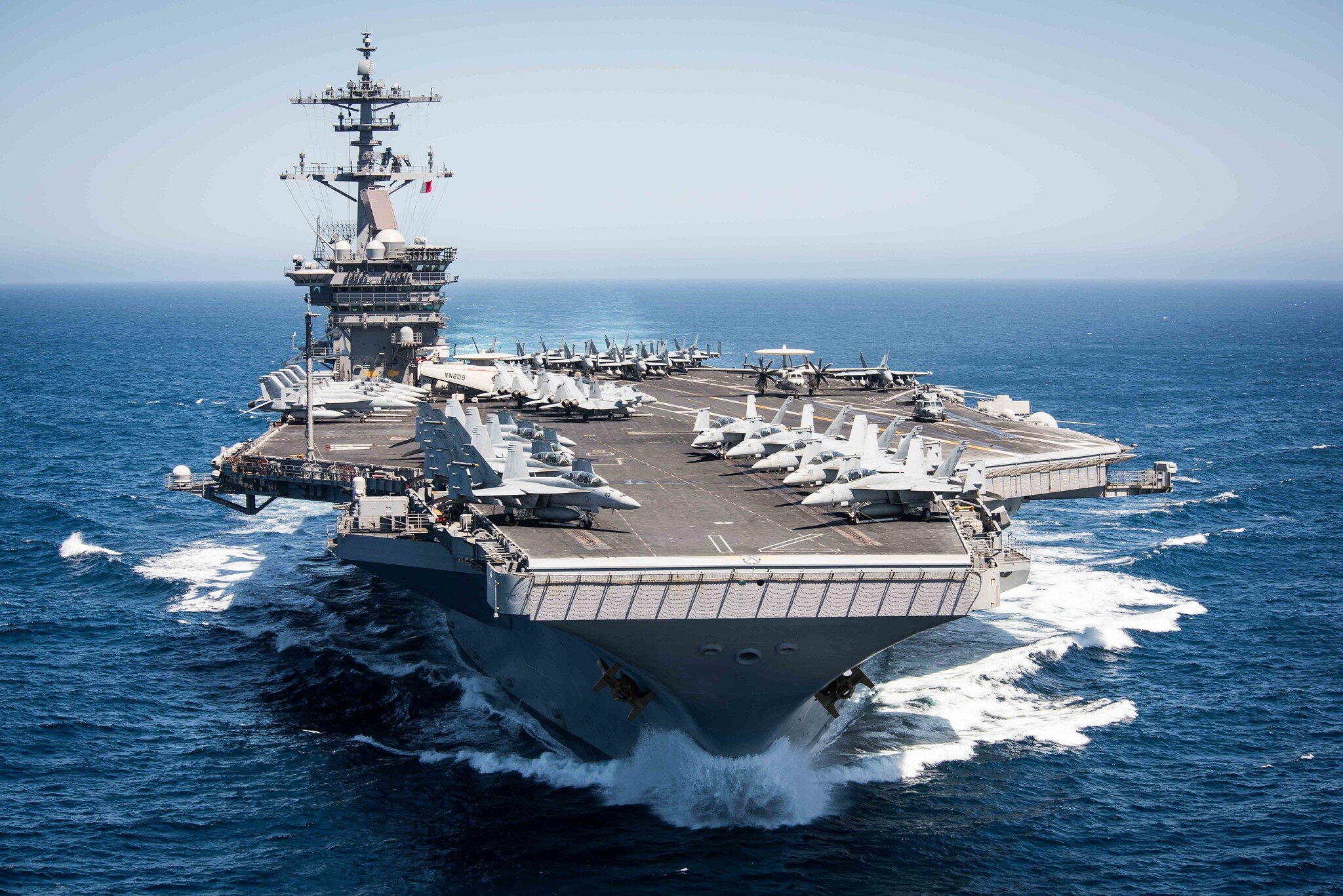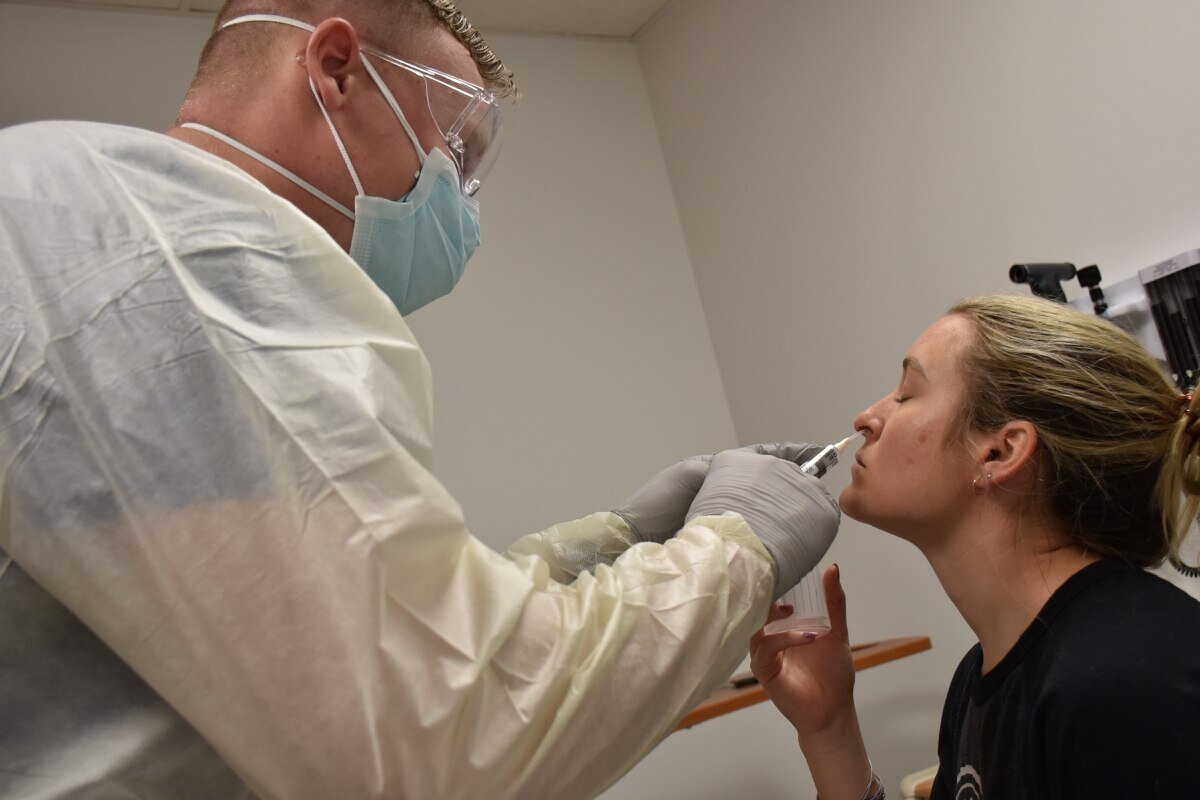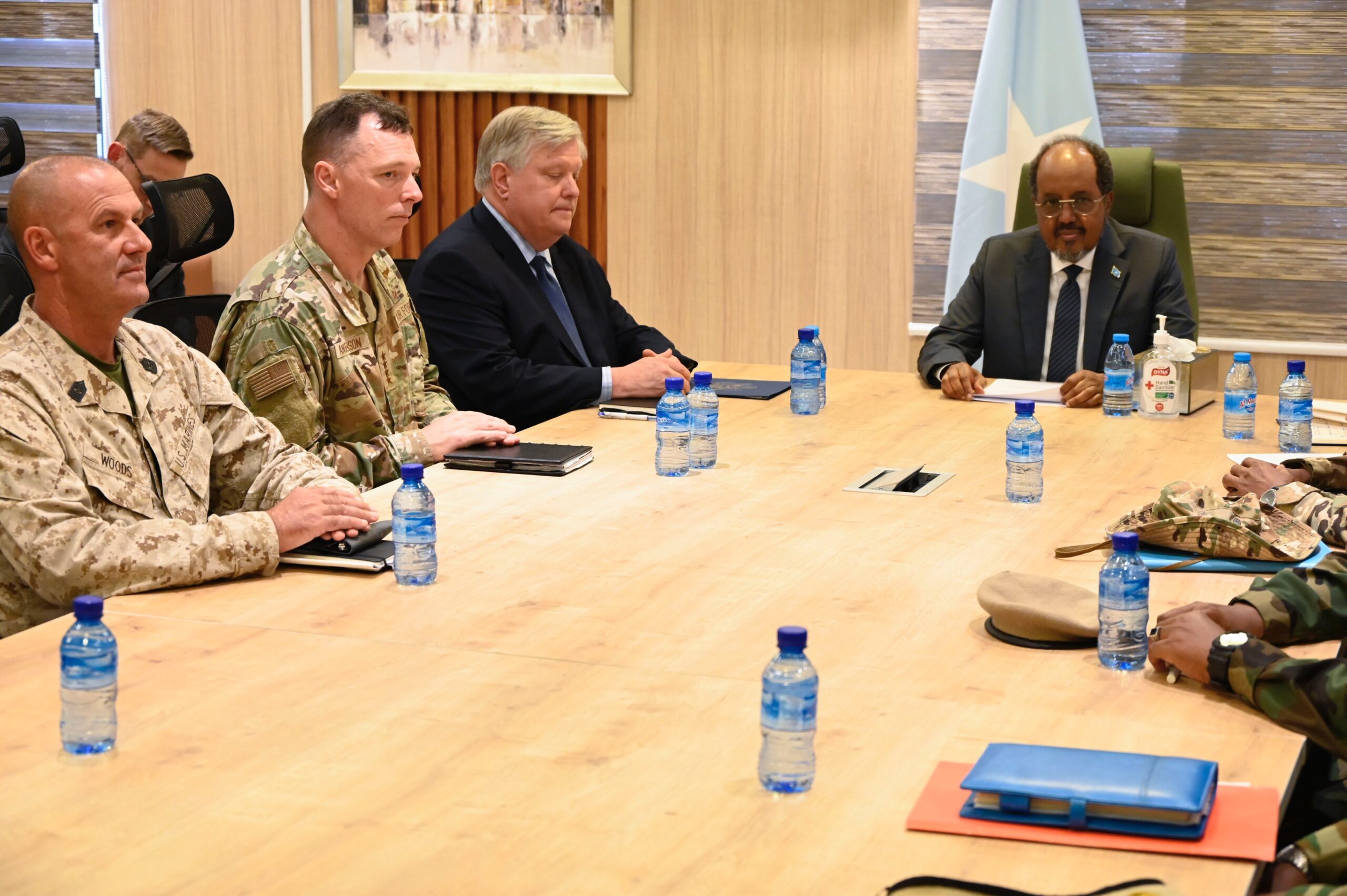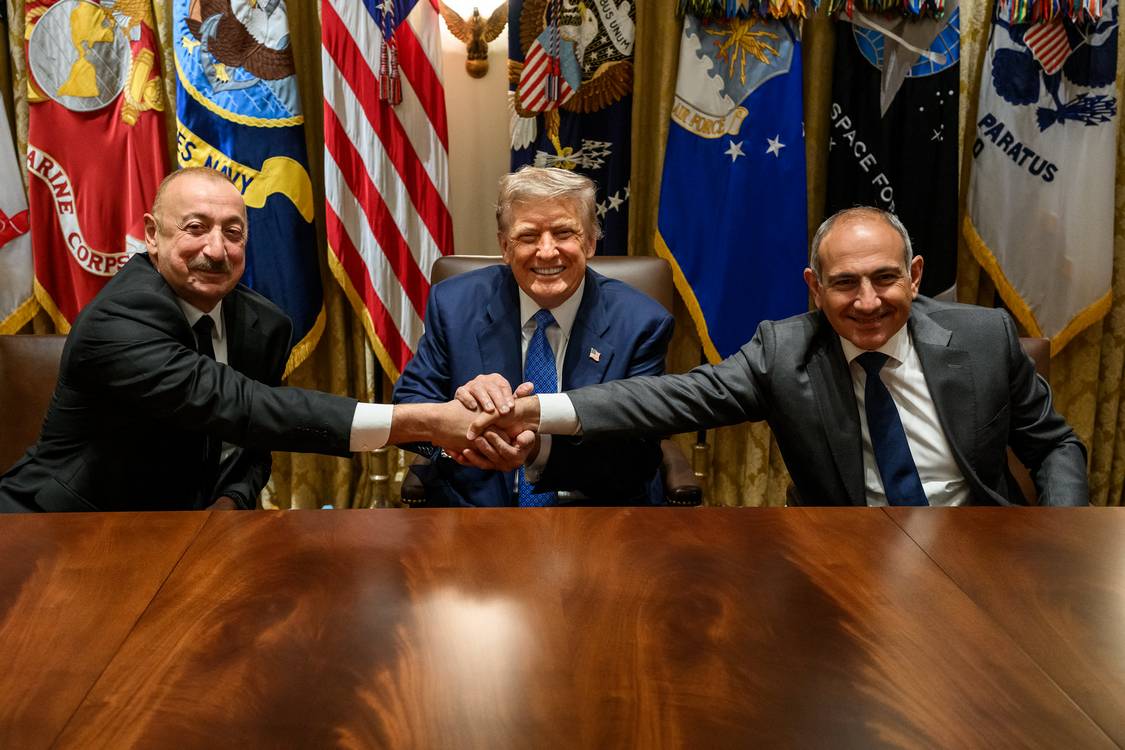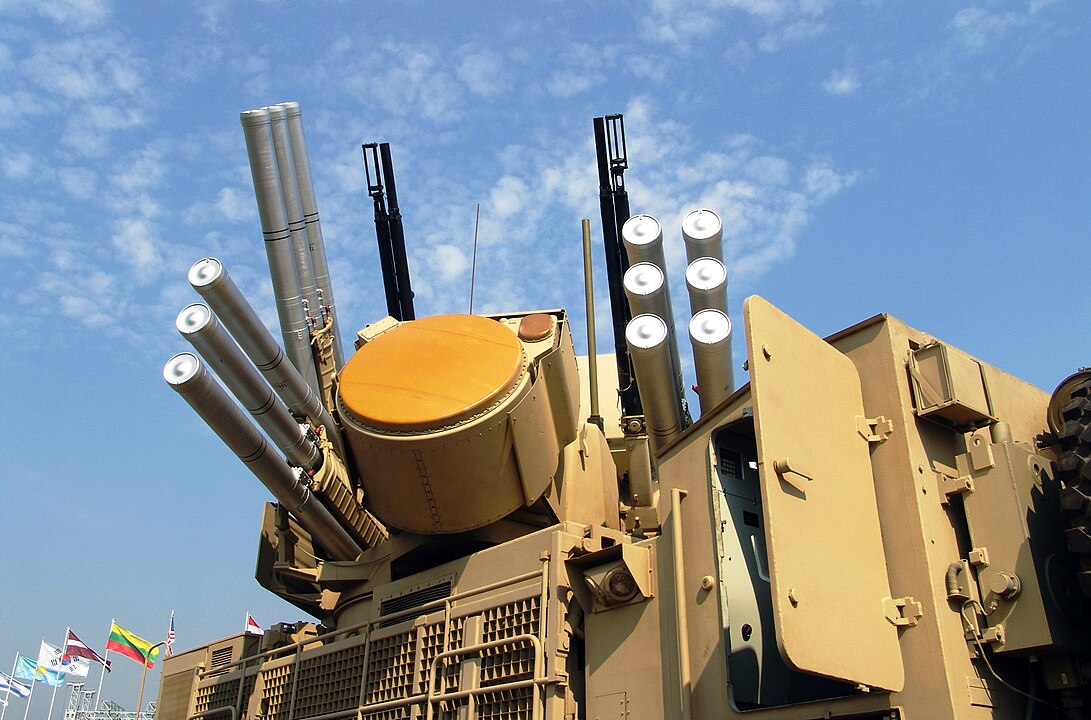JAPAN, September 16th, 2018. PICTURED: Captain Brett Crozier tours the 7th fleet flagship the USS Blue Ridge with Lt. Gen. Eric M. Smith
GUAM. Sunday, April 5th, 2020. As the USS Theodore Roosevelt, an aircraft carrier in the U.S. 7th Pacific Fleet sits docked at naval port in Guam, Fleet Commander Vice Admiral. Bill Merz stopped by for a visit.
“Know that every day, regardless of what the challenge may be, my number one priority is to sustain the warfighting posture of 7th Fleet, and the most important element of this number one priority is the Sailors,” Merz was quoted as saying.
These two ideas would seem to be entirely incompatible in the minds of Naval brass after a letter, sent via an unsecured email server to multiple recipients by the Roosevelt’s captain Captain Brett Crozier, was leaked to the San Francisco Chronicle last week which detailed a COVID-19 outbreak aboard his ship and which resulted in Crozier being relieved of his command.
The letter was a call for help, and contained a request to dock at Guam to get the unaffected sailors off the ship and the infected ones to a hospital for treatment.
“We are not at war,” wrote Crozier, who himself has since tested positive for the novel coronavirus. “Sailors do not need to die. If we do not act now, we are we are failing to properly take care of our most trusted assets – our sailors.”
President Trump described the writing of this letter as “horrible”.
So far half of the Teddy’s crew have safely disembarked and tested negative for COVID-19, but the outbreak has infected 150 of the 4,000 total crew members.
“We simply cannot execute the mission of defending our interests, our friends, and our allies without the fighting spirit of the immensely capable men and women of this team,” continued Bill Merz.
PICTURED: The USS Theodore Roosevelt.
Conflict of Interests
It would seem that on all counts it’s true what Commander Crozier said, who even after losing his command had his wishes fulfilled. The ship docked, the sailors were brought aboard and tested to control the possible spread of COVID-19 onto the island of Guam, while the ones that were infected are identified and will presumably be receiving medical attention.
Regardless, Crozier is getting the same treatment that any whistleblower receives within the self-policing community of the military. Defense Sec. Mark Esper said of the dismissal of Crozier that “I think it’s just another example of how we hold leaders accountable for their actions”.
“There is an investigation ongoing, but at this point in time [Naval] Sec. [Thomas] Modly did not have faith and confidence that he could continue his role as captain of the services at this ship,” Esper continued. “This is not unheard of”.
According to the Hill, Esper also said that the action is not “unique to the Navy,” but he said the Navy has a “culture of swiftly and decisively removing captains if they lose confidence in them”.
There’s of course an endless list of immense failures of leadership in recent American military history that doesn’t involve trying to prevent needless service deaths, stemming from both the Navy and the Army in both the Iraq and Afghanistan wars; night raid-happy General David Petraeus’s tenure as Commander of U.S. Forces in Afghanistan standing out as an example, especially since the reward for his disastrous strategy was Directorship of the CIA.
As Vice Admiral Bill Merz explains, the navy is deployed to the Indo-Pacific for the purpose of “Warfighting posture” even though the U.S. is not at war, as Crozier points out, nor is she likely to find herself in one considering the world is enveloped in the most significant pandemic of the last 100 years that has all but eliminated travel and work schedules in both the country looking to fight a war, and the country they are in the Pacific to fight that hypothetical war against.
Yet the 7th fleet to which Teddy belongs contains 50-70 warships and 20,000 sailors – the largest forward operating fleet in America’s great arsenal. Furthermore, what he described as the most important priority in the most important mission, were the sailors, whom he relies on for their “immense fighting spirit.”
With no enemy to fight other than a virus, floating on a boat cramped within the tight confines of a modern military warship practicing self-isolation is hardly willing of such immense spirit.
March 26th, 2020. PICTURED: Pfc. Casey Tebo, a medic in the Womack Urgent Care, performs a COVID-19 test on a patient. Photo credit: Twana Atkinso, Army.
Trouble with recruitment
Nearly 1,000 U.S. military personnel, according to the Military Times, have tested positive for COVID-19, with 6 deaths. Reporting from World at Large on Wednesday found that 97 bases in 37 states have recorded cases.
Furthermore, the struggle to maintain empire-grade U.S. recruitment, which has been falling steadily for years, is becoming more difficult still since recruiting centers have been closed to prevent the spread of the virus.
“They usually won’t run away if you’re talking to them in person,” said Gunnery Sgt. Meyer, a recruiter speaking with the AP, noting that when people are in your office speaking to you in person, social norms prevent them from just standing up and walking out. “They just stop responding, and the conversation just ends without a conclusion.”
More and more, writes Lolita Baldor, the military is turning towards social media for their recruitment. Baldor suggests the services will all fall thousands short of their recruitment targets if lockdowns continue.
“This is going to have somewhat of a corrosive effect on our ability to have the numbers of people that we really need,” said Maj. Gen. Lenny Richoux, director for personnel for the Joint Chiefs of Staff. “The concern, it is growing.”
Just as significant of an effect as the closing of military recruitment centers, particularly for the Marines, is the closing of high schools in many cities, where recruiters routinely go to woo young would-be conquerors.
Difficult times lie ahead for our nation’s armed services, times that they haven’t known or seen in many years. The last two decades have featured the Pentagon receiving routine budgetary growth, almost unanimous support from both houses of Congress, plenty of opportunities for former lifers like General Joseph Dunford leaving to take board positions at the Lockheed Corp, and near endless authority to expand battlefields like the Middle-East, special operations playgrounds like Africa, and potential battlefields like the Indo-Pacific.
But for the first time since Vietnam, the services might have to tighten up their belts in meaningful way.
Continue exploring this topic — The Empire of U.S. Bases Could be the Most High-Profile Case of Coronavirus Casualty
